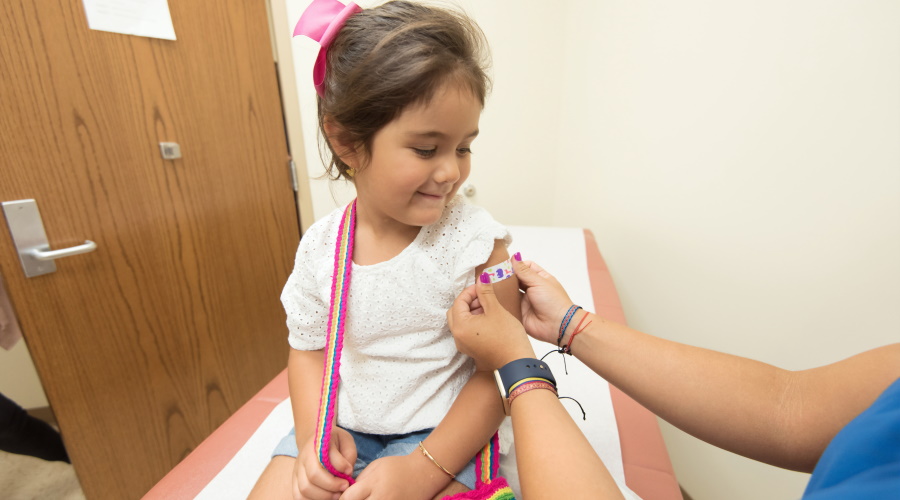EU authorises first COVID-19 vaccine for 5 to 11 year olds

The European Medicines Agency (EMA) has approved Pfizer and BioNTech's COVID-19 vaccine Comirnaty for children between the ages of five and 11, as EU countries struggle to cope with rising infection rates.
The EU regulator said that the under-12s should get a lower dose of the vaccine – 10 mcg rather than 30 mcg – given as two intramuscular injections three weeks part. The US approved Comirnaty for this age group last month.
So far the UK's Medicines and Healthcare products Regulatory Agency (MHRA) hasn’t delivered its verdict on the use of Comirnaty in younger children.
However, it has been reported that the UK government is already planning to extend its vaccination programme to the five to 11 age group next year – subject to approval from the Joint Committee on Vaccines and Immunisation (JCVI).
The EMA said its human medicines committee had concluded that the benefits of Comirnaty in children aged 5 to 11 outweigh the risks, particularly in those with conditions that increase the risk of severe COVID-19.
Pfizer and BioNTech have said they will start delivering the low-dose version of Comirnaty for paediatric use on 20 December, according to a Reuters report.
Germany will get 2.4 million doses with the first shipment, enough to inoculate about half the country's children in the younger age bracket.
The EMA approval comes as Europe is at the epicentre of the COVID-19 pandemic once again, with infection rates rising sharply in countries including Austria, the Netherlands, Germany, France and Italy, prompting calls for people to take up booster shots.
https://twitter.com/vonderleyen/status/1463848299518205956
There has been unrest in the Netherlands, Belgium and Austria in response to proposals to re-introduce lockdown measures and vaccination mandates.
The UK meanwhile is also seeing an increase in cases, but the rate of climb seems to be attenuated, perhaps because the country reached high levels of vaccination earlier, exited lockdown sooner, and is further ahead in its booster campaign.
It was also exposed to the alpha and delta variants of SARS-CoV-2, shifting the curve forward, and also relied heavily on the AstraZeneca vaccine – which some experts argue may provide longer-lasting protection against the virus.












